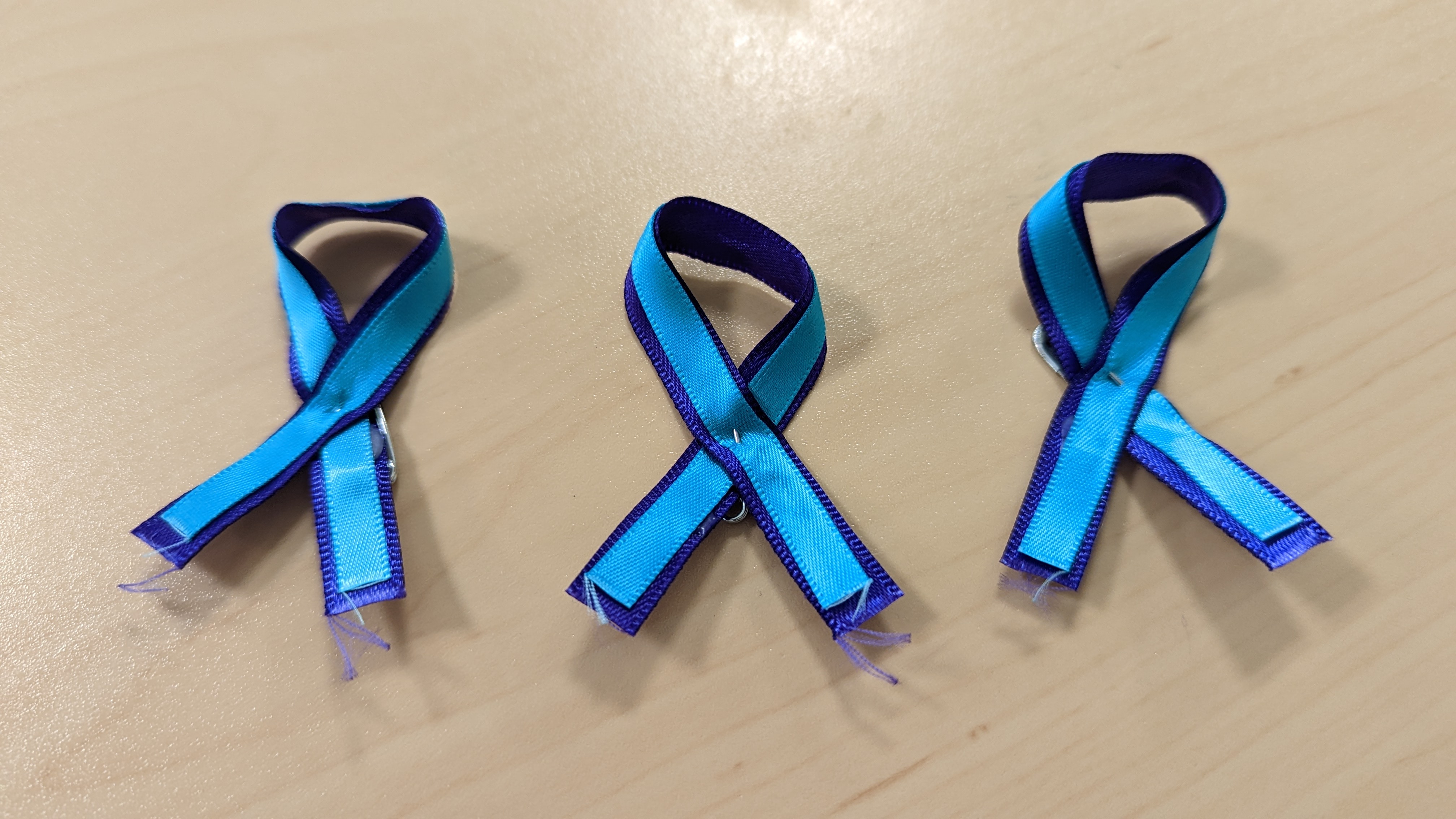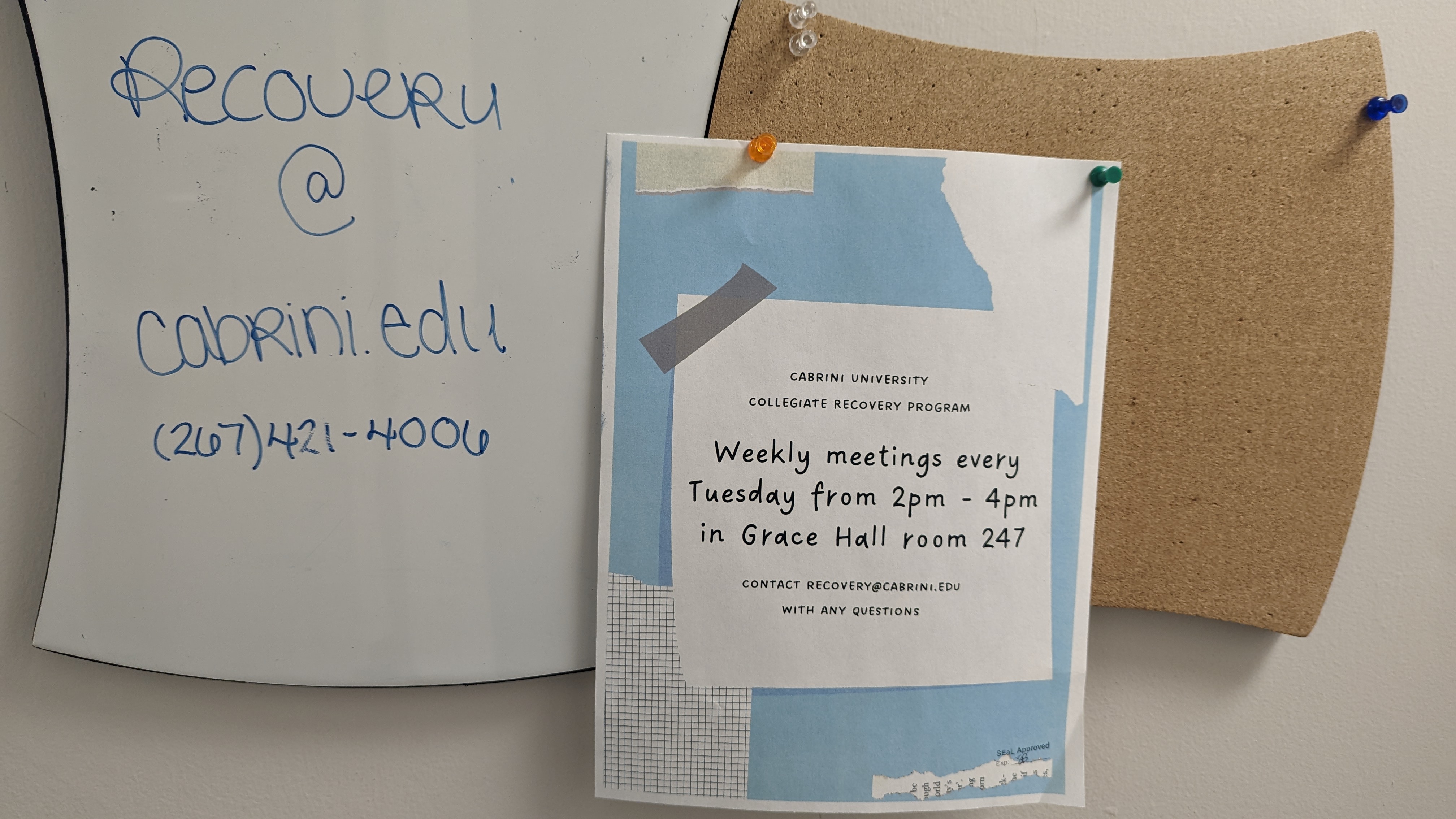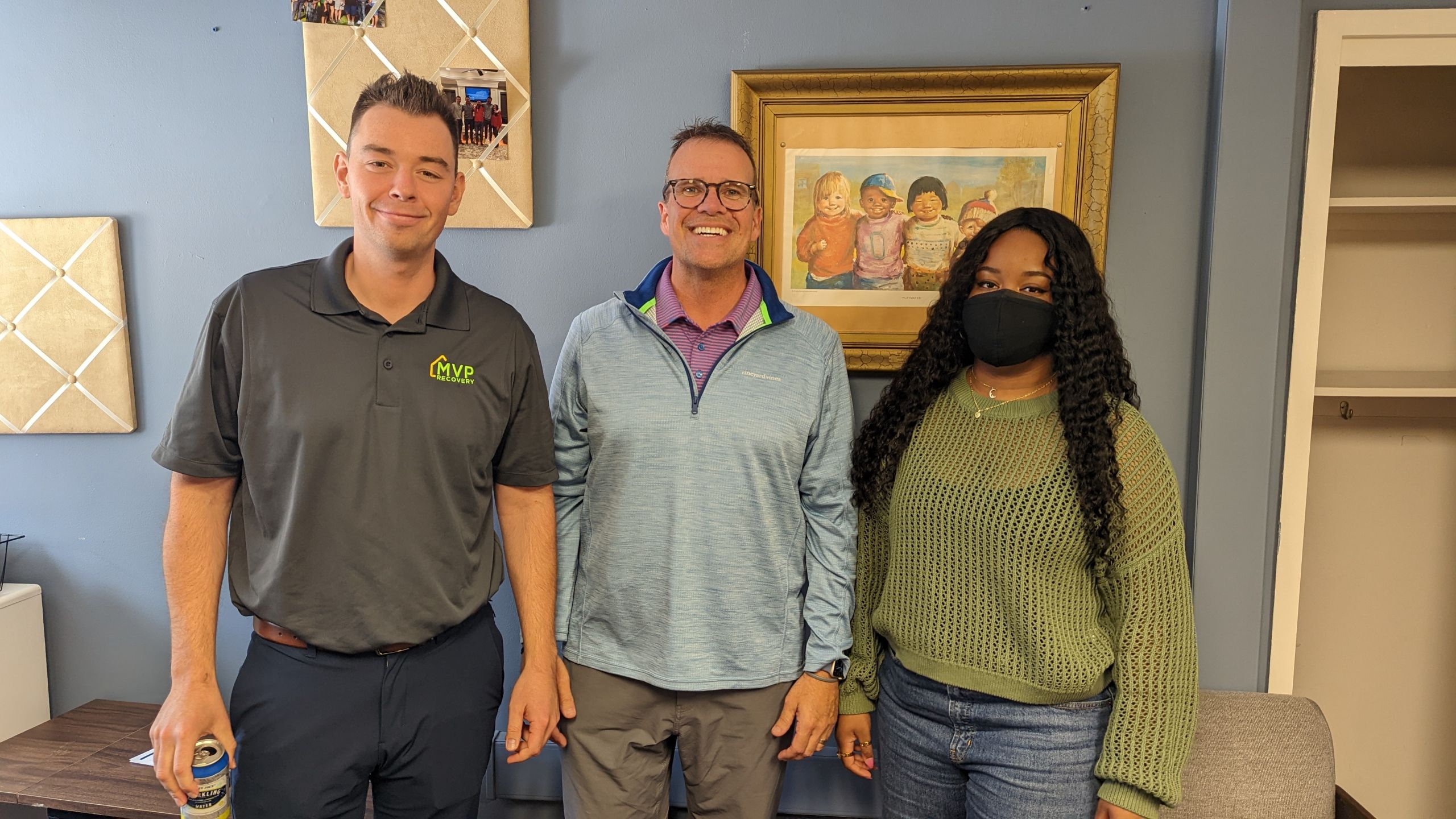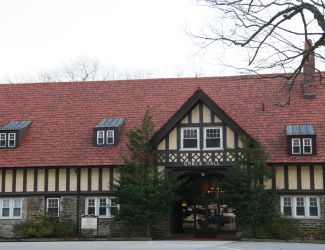Cabrini University’s addiction recovery service has received a grant from the Blue Cross Foundation’s Supporting Treatment and Overdose Prevention program.
The University’s addiction recovery program is a service that focuses on students who struggle with drugs, alcohol, gambling, and other addictions. However, the program is more than that. It’s a place for the Cabrini community to come if they’re having any type of mental health issues. From anxiety and depression to suicidal thoughts, the service welcomes anyone that wants to talk. Graduate school intern, Phil Waibel, reaffirms the goal of the service, “We want anyone who needs help to come.”
Getting the grant
In order to receive the grant, the recovery program first had to apply for it. A team of faculty, administration, and staff at Cabrini united to write a proposal for the grant. Pat Brown, the collegiate recovery supervisor, detailed how the team came together to discuss the national opioid crisis, Philadelphians dying from drug overdoses, and the immediate impact of addiction on college campuses.

“It’s really hard to be a young person in today’s world,” Brown said. “So we wrote a proposal that said, we think we can do some things to support our students.”
A portion of the grant focuses on first-aid education in recognizing the signs and preventing drug overdoses. Students are able to receive training on campus from Dr. Gifty Akomea Key, assistant professor of health sciences, on administering the lifesaving drug Narcan. This portion of the program has proven to be very popular and successful so far and will continue throughout the fall 2022 semester.
Being a safe space
A big focus of the program is being a support system for students that need it. “We don’t want anybody on this campus to feel like they’re alone and that there’s nobody to talk to,” Brown said. Students that have been coming to the program have found it beneficial. They feel that it’s an open environment where they’re able to rant and get things off their chest.
“It’s nice to talk to people who get it and to talk to people who don’t get it because it brings awareness to the topic,” said one student (in keeping with the tenets of many 12-step programs, program participants wished to remain anonymous).
Students who are new to the program have felt the benefits of the service as well. They view it as a space for personal growth. The group setting of the program is helpful for students as it offers multiple perspectives on what they’re going through. The social aspect of the group is one that students highlighted as well.
“We do have a really good time,” another student said. “Even though we all have our struggles we’re always smiling.”
Continued support
The program reapplied for the grant this past September, but there is no word on if and when they will be approved. Brown hopes that this initial grant will be a good way to improve the program’s reach.

“The ultimate goal is to have this build momentum,” Brown said. “We want student leaders to come forward to help support and keep it rolling.”
Cabrini’s addiction recovery program wants more students to feel comfortable sharing their stories. They emphasize if a student does come to take advantage of what the service has to offer, they are courageous, not weak. The service is located on the second floor in Grace Hall in room 247. However, they have an even bigger space available down the hallway as they’re prepared for more students to join their community and share their stories.





